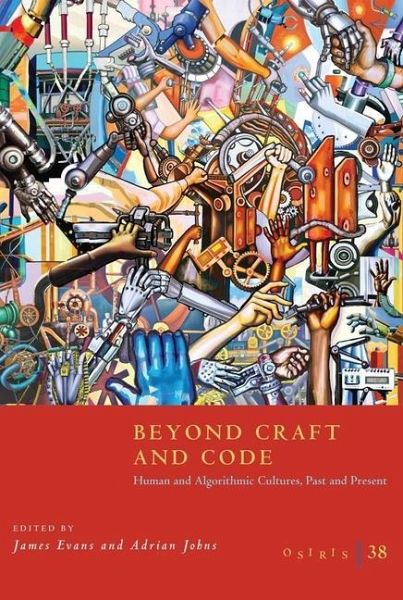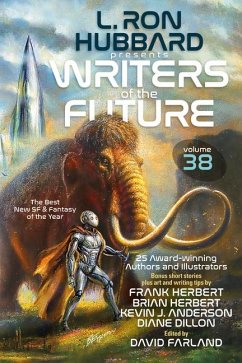Nicht lieferbar

Osiris, Volume 38
Beyond Craft and Code: Human and Algorithmic Cultures, Past and Present
Herausgeber: Johns, Adrian; Evans, James
Versandkostenfrei!
Nicht lieferbar
Perceptively explores the shifting intersections between algorithmic systems and human practices in the modern era. How have algorithmic systems and human practices developed in tandem since 1800? This volume of Osiris deftly addresses the question, dispelling along the way the traditional notion of algorithmic "code" and human "craft" as natural opposites. Instead, algorithms and humans have always acted in concert, depending on each other to advance new knowledge and produce social consequences. By shining light on alternative computational imaginaries, Beyond Craft and Code opens fresh ...
Perceptively explores the shifting intersections between algorithmic systems and human practices in the modern era. How have algorithmic systems and human practices developed in tandem since 1800? This volume of Osiris deftly addresses the question, dispelling along the way the traditional notion of algorithmic "code" and human "craft" as natural opposites. Instead, algorithms and humans have always acted in concert, depending on each other to advance new knowledge and produce social consequences. By shining light on alternative computational imaginaries, Beyond Craft and Code opens fresh space in which to understand algorithmic diversity, its governance, and even its conservation. The volume contains essays by experts in fields extending from early modern arithmetic to contemporary robotics. Traversing a range of cases and arguments that connect politics, historical epistemology, aesthetics, and artificial intelligence, the contributors collectively propose a novel vocabulary of concepts with which to think about how the history of science can contribute to understanding today's world. Ultimately, Beyond Craft and Code reconfigures the historiography of science and technology to suggest a new way to approach the questions posed by an algorithmic culture-not only improving our understanding of algorithmic pasts and futures but also unlocking our ability to better govern our present.











